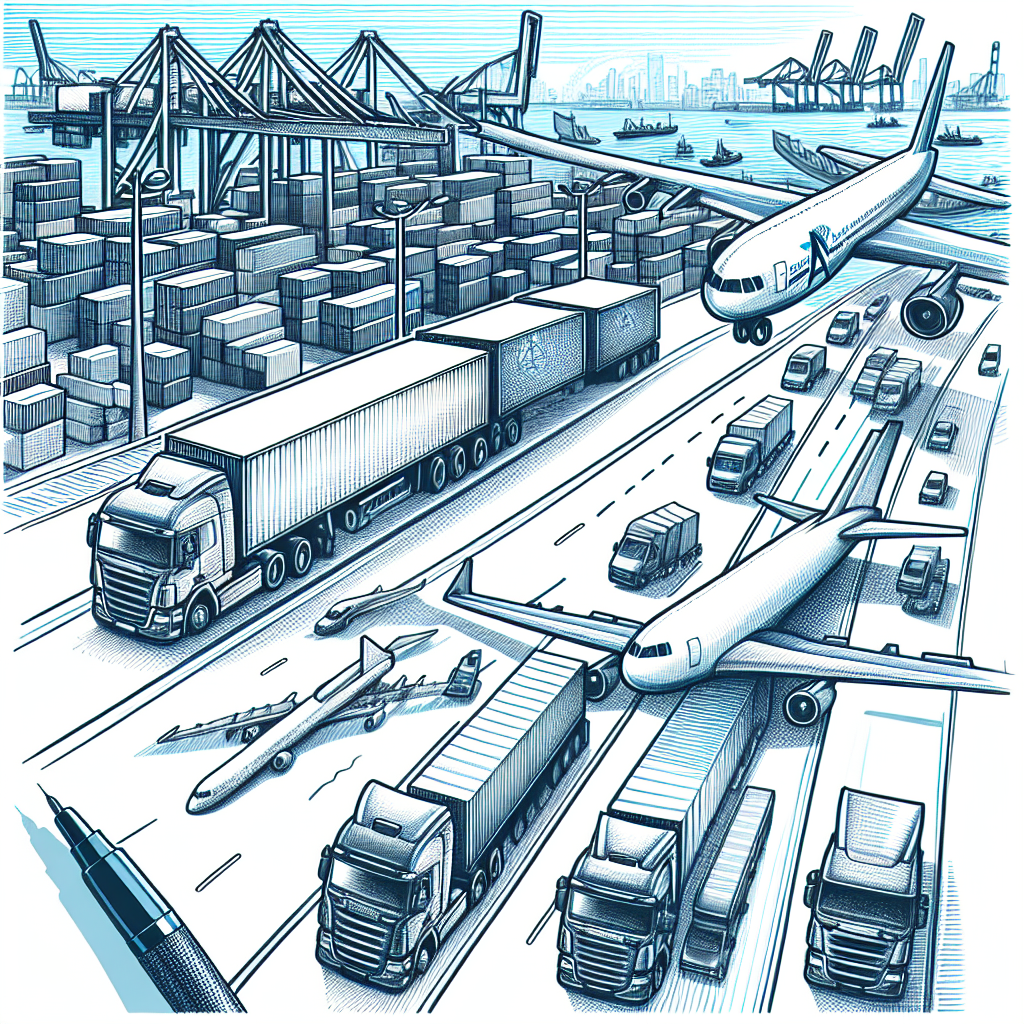Driving Change: IPM India Advances Sustainable Logistics
IPM India, an affiliate of Philip Morris International, is adopting sustainable logistics practices by introducing EV and CNG vehicles and shifting 70% of its non-tobacco material sourcing from air to sea or land. This approach aims to reduce CO2 emissions by 684 tonnes by FY 2025, aligning with sustainability goals.

- Country:
- India
Recognizing the importance of sustainable practices, IPM India, a Philip Morris International affiliate, has upscaled its logistics operations by incorporating energy-efficient measures. Over the past year, the company has introduced electric and CNG vehicles, significantly decreasing reliance on air freight for non-tobacco materials, resulting in substantial CO2 emission cuts.
As part of its green initiative, IPM India is transitioning its logistics fleet to eco-friendly fuels like CNG and EVs, initially in Delhi-NCR and Mumbai. This switch has already saved over 30 tonnes of CO2. Aligning with its carbon reduction objectives, the firm is on course to achieve a 654-tonne CO2 cut by March 2025.
Navaneel Kar, Managing Director of IPM India, emphasized the synergy between sustainability and business efficiency, marking these initiatives as steps towards a carbon-neutral future. Divya Vanshika, Head of Operations, reiterated the strategic alignment with India's environmental goals, highlighting the positive societal impact and resilience provided by investing in sustainable logistics.
(With inputs from agencies.)










